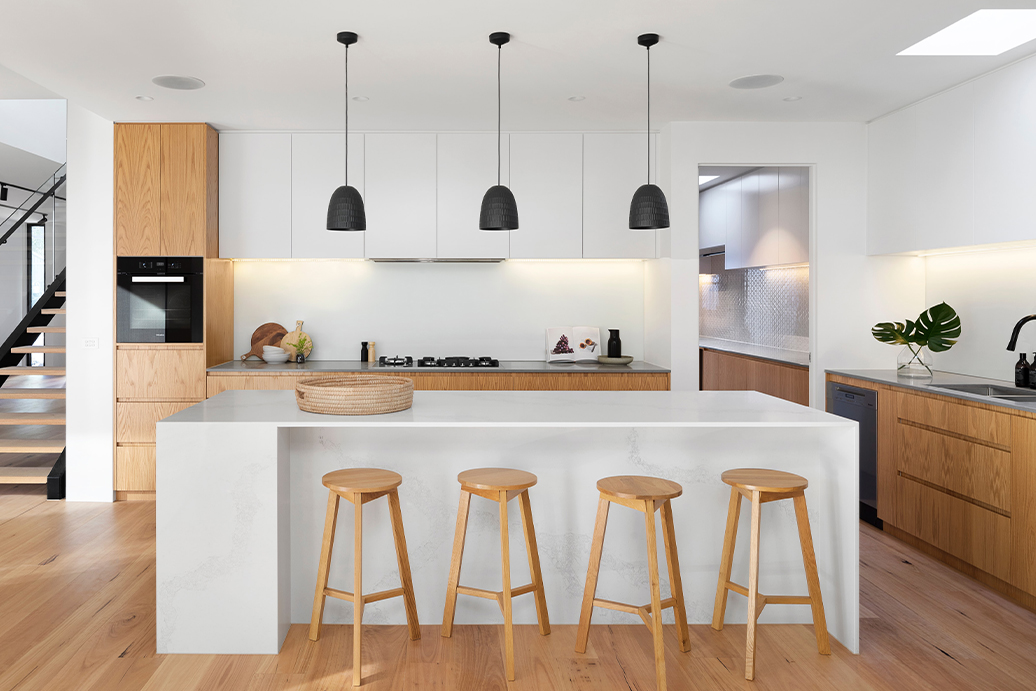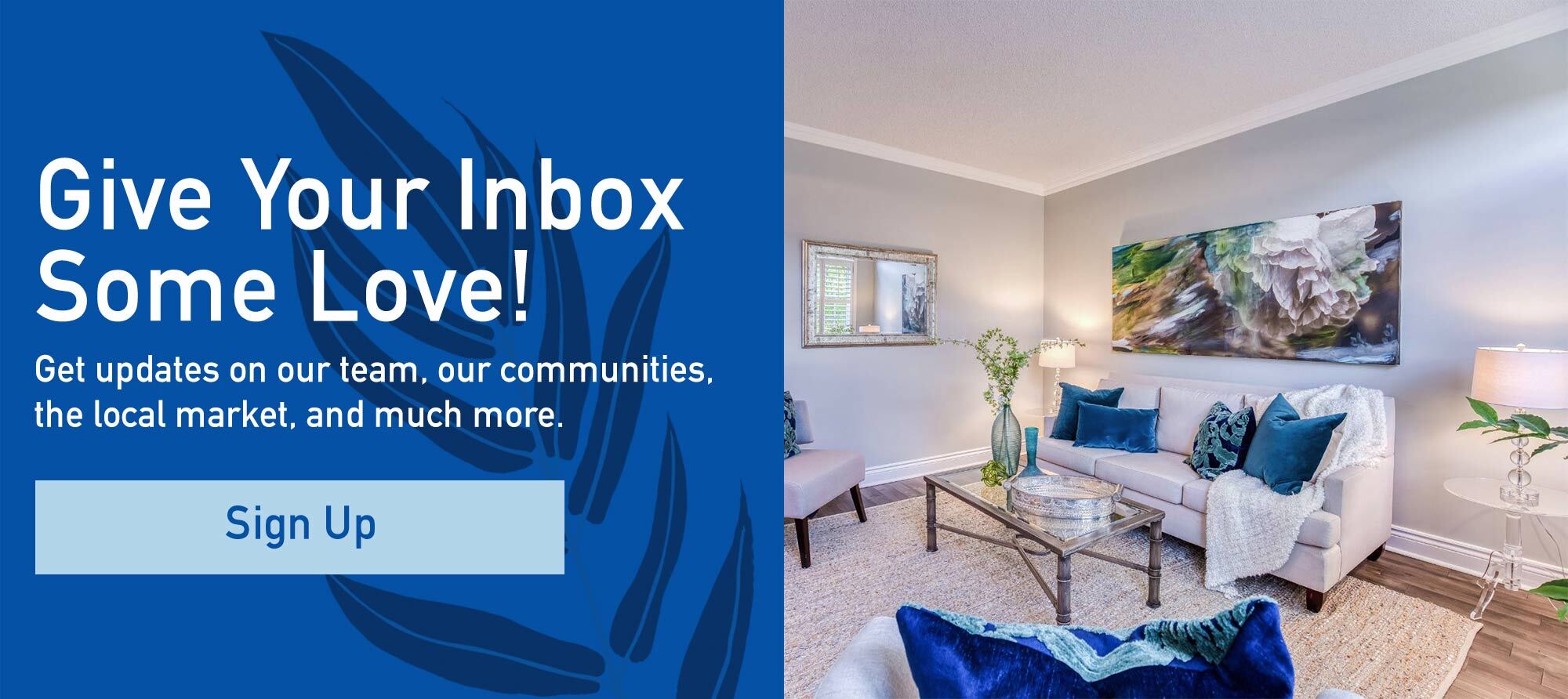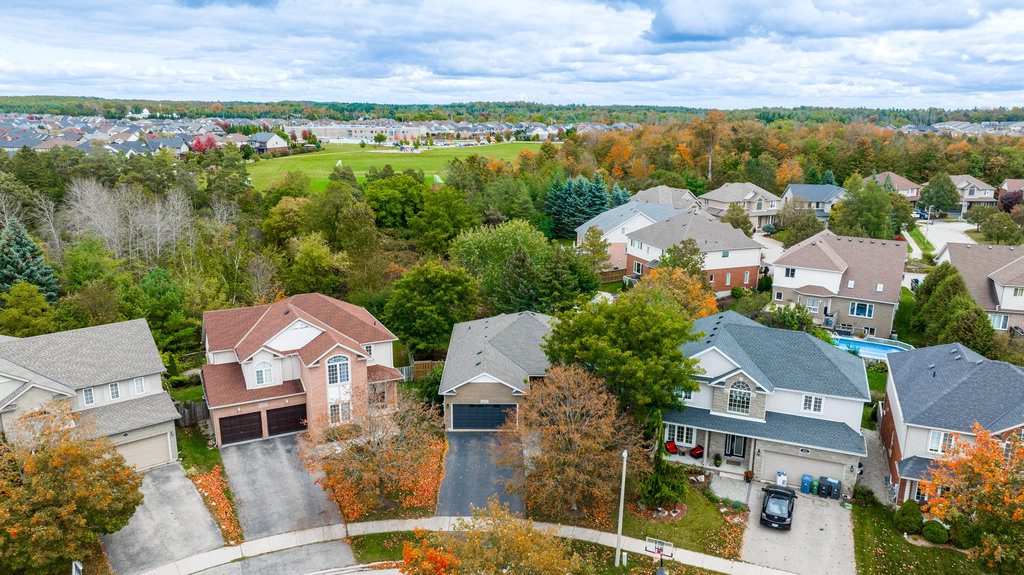For many people, buying a home is the single biggest purchase of their life. It’s important to go into the process of homebuying with all the information you need to feel confident in your decisions.
Working with a professional real estate agent is an excellent first step toward making sure you have access to the most accurate information and advice for your unique situation. However, there are several common questions we get asked by almost everyone.
Here are the top 8 first-time buyer frequently asked questions:
1) Do I need mortgage pre-approval?
Mortgage pre-approval is not an absolute requirement to start house-hunting, but it is strongly recommended. Getting pre-approved helps you determine the type of budget you should be working with. It will paint a clear picture of exactly what you can afford. Additionally, in a fast-paced market, it’s critical to move quickly on a sale. If you are not yet pre-approved, sellers might not take you seriously. It also puts more obstacles in your way and can hold up the process, resulting in missed opportunities.
2) What amount should my deposit be?
The first thing to know is that a deposit is not the same as a down payment. A deposit is a cash transaction that is made from the buyer to the seller, held in trust by the agent pending closing. The purpose is to essentially secure the sale of the home in good faith.
There is no “set” deposit amount, but a deposit is typically around 5% of your total offer. However, sellers often see higher deposits more favorably and may contribute to an offer being accepted. A deposit must be made in cash, in most cases, by money order or certified check. If your offer is accepted, your deposit amount will go towards your down payment.
3) How much will working with an agent cost me?
In short, not a thing! In Ontario, buyers do not pay commissions to the agents. All of the buyer agent’s commission is paid by the seller.
4) How much will I pay for my down payment?
In Ontario, first-time buyers can generally purchase a home with a minimum 5% down payment, depending on the home’s purchase price. If you are able to come up with a 20% down payment, your lender will not require you to purchase mortgage insurance.
5) How much home can I afford?
This is one of the top reasons to seek mortgage pre-approval. It will show you the mortgage you can afford, allowing you to base your home buying decisions around that. However, as a general rule, many lenders recommend that your debt expenses (mortgage, credit card payments, and miscellaneous loans) do not exceed 36% of your gross monthly income. So if your family’s combined monthly income is $10,000 and you have no debt other than a mortgage, you can likely afford a mortgage payment of roughly $3,600 per month.
6) What is the MLS®, and why does it matter?
MLS® stands for Multiple Listing Service®. It’s a computer service that encourages collaboration between real estate agents. It’s available to all REALTORS® to use to help their clients. By hosting listings in one central location, buyers can see all the available listings, not just the ones associated with their chosen agent. Think of it as a way to even the playing field and help ensure you find your dream home, no matter which agent the listing is with.
7) What happens if there are multiple offers for my dream home?
This is a common scenario in a busy market. When there are multiple offers on a property. As a buyer, there are a few things you can do to help your offer get accepted. For example, submitting an offer over the asking price, close to the seller’s desired closing date, with a high deposit, and fewer conditions might be enough to encourage the seller to accept your offer in a competitive market.
8) How much are closing costs?
Closing costs encompass basically everything that needs to be paid at closing, not including the mortgage. This includes real estate lawyer fees, land transfer tax, moving expenses, and more.
This number can vary depending on several factors, but closing costs add up to about 1.5-4% of the purchase price in most cases. This means, for example, if you are purchasing a home for $700,000, you should have at least $10,500 – $28,000 set aside for closing costs.
Learn more about buying your first home.
Download our buyer's guide here



